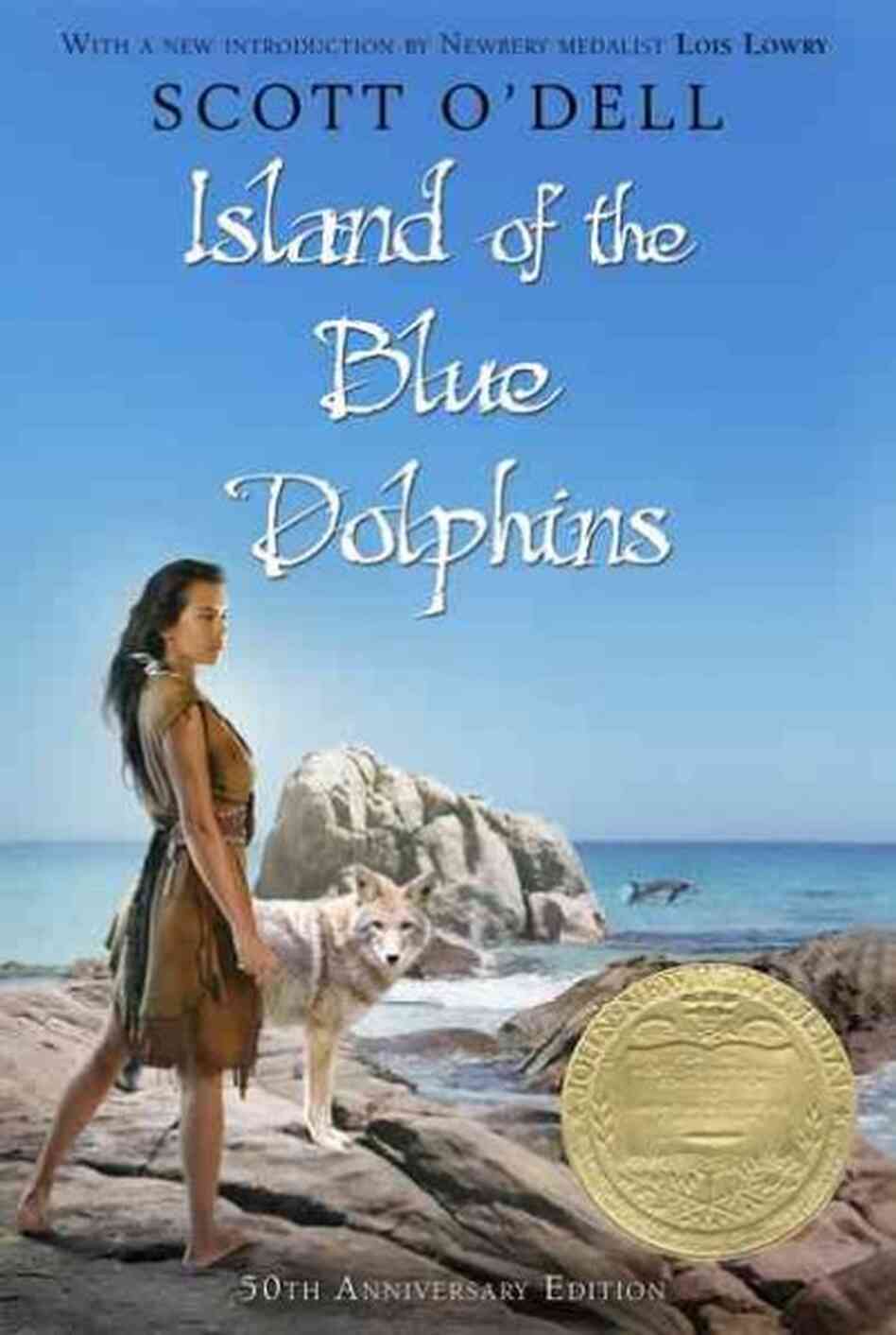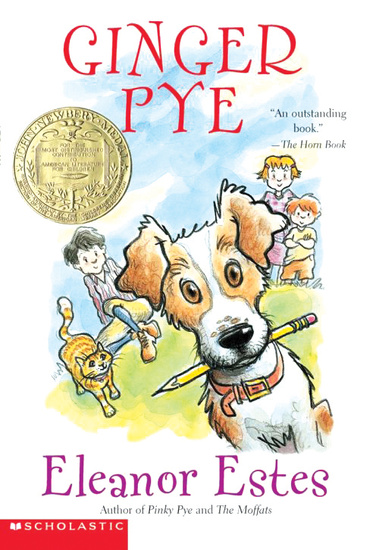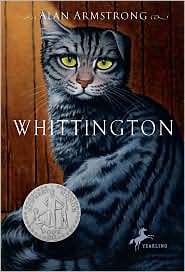Recently, a patron called me to ask for recommendations for
her mother-daughter book club in which the young participants are
third-graders, most around nine years old. This patron and her daughter, a voracious
reader, had suggested “Island of the Blue Dolphins” by Scott O’Dell as their
pick for the club. The patron told me that her daughter loved the book and
wanted to share it with her friends.
But another mother in the club objected, saying that she had
read on Common Sense Media that Karana, the main character, in “Island of the
Blue Dolphins,” witnesses the deaths of her father and brother, and that the
book contained a fair amount of violence. This mother felt that would be too
much for her daughter and asked that the club read another book.
 The patron who called me was frustrated by the situation and
also concerned, as it seemed that the other mother’s concerns could greatly
circumscribe the club’s reading. We talked about the “dead parent syndrome” in
children’s books, so many of which feature at least one dead parent, which
allows kids to be more adventurous. But she wasn’t sure that her
mother-daughter book club would be able to read even classic books in which one
parent was dead (“The Penderwicks” by Jeanne Birdsall as a recent example). “I
know that kids mature at different ages and that can be hard,” the patron said
to me. The patron added that she had talked to her daughter about the issue and
that her daughter said, “Mom, I know that people die. That’s sad. But I just
read those parts and move on.” Clearly, the patron said, her daughter is at a
different place than the other mother’s child, but everyone in the club – both
mothers and daughters – are good friends and so they really want to try to
accommodate each other.
The patron who called me was frustrated by the situation and
also concerned, as it seemed that the other mother’s concerns could greatly
circumscribe the club’s reading. We talked about the “dead parent syndrome” in
children’s books, so many of which feature at least one dead parent, which
allows kids to be more adventurous. But she wasn’t sure that her
mother-daughter book club would be able to read even classic books in which one
parent was dead (“The Penderwicks” by Jeanne Birdsall as a recent example). “I
know that kids mature at different ages and that can be hard,” the patron said
to me. The patron added that she had talked to her daughter about the issue and
that her daughter said, “Mom, I know that people die. That’s sad. But I just
read those parts and move on.” Clearly, the patron said, her daughter is at a
different place than the other mother’s child, but everyone in the club – both
mothers and daughters – are good friends and so they really want to try to
accommodate each other.
So the patron decided to call me, and ask for
recommendations that might work for everyone. I’ve had this type of situation
occur before, with parents asking for “gentle” fiction that contains no
elements likely to upset their children. It can be extremely tricky terrain for
a librarian to navigate, as every parent/child combination is likely to
consider different elements as “upsetting.” For some, there can be no deaths
that occur (I even had one mother tell me that she was reading “Charlotte’s
Web” to her three-year-old child. (!) When I asked how she was going to explain
Charlotte’s death to her child, the mother said that she was going to change
the ending to a “happy” one where Charlotte lives. Aaarrrgh!) For others, the concern
focuses on violence, which most likely means no fairy tales or graphic novels.
Even our library's “all ages” comics, for example, usually have some kind of cartoonish
violence. (If it’s the violence is more realistic, we put the graphic novel in
our “older readers” section as a way of signaling that to parents).
Certainly I believe that parents have the right to determine
what their children read (although I also believe that parents should work to
transfer that right to their children as the kids mature). With that parental
right, however, comes a responsibility to ensure that you, as a parent, aren’t
needlessly limiting your child’s ability to read books that may important for
them to read. Fairy tales are a good example of this, with the classic thinking
(Bruno Bettelheim, et al) that the violence in these classic tales (Red Riding
Hood’s grandmother eaten by a wolf, Hansel and Gretel left in a forest by their
father) can actually help kids work out some of their fears.
Full disclosure: I have to acknowledge that it wasn’t easy
for me as a parent to refrain from trying to “protect” my kids from books that
might upset them. One of my children had major sleep issues and so I thought
that by limiting her reading of books with “upsetting” elements, I was helping
her. My wise pediatrician, however, eventually convinced me that I couldn’t –
and shouldn’t – try to sanitize the world for my daughter, and that it truly
might be helpful for her to read about death and violence in a children’s book
and see how the characters worked it out, and think about how she herself might
work it out. By letting her read books with “upsetting” elements like death and
violence, I was giving her some of the tools needed to function in the real
world. Today she’s a well-adjusted 23-year-old, and I give some of the credit
to the books she read as a child and teen.
Two other things: First, I recognize that my daughter was
lucky that she grew up in a stable environment, emotionally and economically.
Not every child is so fortunate, and books with death and violence may actually
mirror their own experiences, not be something just to read about in a book.
They may not have a choice of knowing about death and violence at young age.
Second, remember that we are talking about children’s books! Even if there is a
death in the book – often offstage, before the story begins, as in books like
“The Saturdays” by Elizabeth Enright -- or some violence, like the way the
title, canine character is stolen by some ne-er-do-wells in “Ginger Pye” by
Eleanor Estes – these are children’s stories, and there will be a happy ending,
at least of sorts.
With all of this in mind, I came up with a list of possible
books for the patron to suggest to her mother-daughter book club. They were
specifically looking for fiction, so I didn’t include non-fiction or graphic
novels – although I did include “Ellie McDoodle,” a “hybrid” book that features
a mix of words and illustrations. Many of these books feature some element that
might be considered upsetting by some parents (i.e. the divorced parents in
“Flora & Ulysses” and the mostly unrepentant behavior displayed by the
title character in “Harriet the Spy.”) I had a tight deadline to develop the
list, which is by no means exhaustive, and so would love to hear more suggestions
from others! This is an issue that comes up regularly for both parents and
librarians, and it’s always good to be armed with recommendations. Meanwhile, here's my start at such a list:
__ "The True Blue Scouts of Sugar Man Swamp" by Kathi Appelt
__ "Whittington" by Alan Armstrong
__ "Ellie McDoodle" by Ruth Barshaw (Hydbrid book, “Wimpy Kid”-style, half illustrations, half text)
__"The Penderwicks" (and follow-ups) by Jeanne Birdsall
__"Tales of a 4th Grade Nothing" by Judy Blume
__ "Whittington" by Alan Armstrong
__ "Ellie McDoodle" by Ruth Barshaw (Hydbrid book, “Wimpy Kid”-style, half illustrations, half text)
__"The Penderwicks" (and follow-ups) by Jeanne Birdsall
__"Tales of a 4th Grade Nothing" by Judy Blume
__ "Masterpiece" by Elise Broach
__ "The Enormous Egg" by Oliver Butterworth
__ "The Cheshire Cheese Cat" by Carmen Agra Deedy
__ "The Cheshire Cheese Cat" by Carmen Agra Deedy
__ "The Cats of Tanglewood Forest" by Charles DeLint
__ "Flora & Ulysses" by Kate DiCamillo
__ "Half Magic" by Edward Eager
__ "Ginger Pye" by Eleanor Estes
__ "The Saturdays" by Elizabeth Enright
__"Harriet the Spy" by Louise Fitzhugh
__ "Half Magic" by Edward Eager
__ "Ginger Pye" by Eleanor Estes
__ "The Saturdays" by Elizabeth Enright
__"Harriet the Spy" by Louise Fitzhugh
__ "Bo At Ballard Creek" by Kirkpatrick Hill
__"The Evolution of Calpurnia Tate" by Jacqueline Kelly
__"The Evolution of Calpurnia Tate" by Jacqueline Kelly
__"Rabbit Hill" by Robert Lawson
__"Ella Enchanted" by Gail Carson Levine
__ "Rules" by Cynthia Lord
__ "Betsy-Tacy" by Maude Hart Lovelace
__ "Anastasia Krupnik" by Lois Lowry
__ "Mrs. Frisby and the Rats of NIMH" by Robert O’Brien
__"Tom’s Midnight Garden" by Philippa Pearce
__"Ella Enchanted" by Gail Carson Levine
__ "Rules" by Cynthia Lord
__ "Betsy-Tacy" by Maude Hart Lovelace
__ "Anastasia Krupnik" by Lois Lowry
__ "Mrs. Frisby and the Rats of NIMH" by Robert O’Brien
__"Tom’s Midnight Garden" by Philippa Pearce
__"The Cricket in Times Square" by George Selden
__ "Young Fredle" by Cynthia Voight
__ "Young Fredle" by Cynthia Voight






How about the "Marty Maguire" books by Kate Messner, "The Grand Plan to FIx Everything" by Uma Krishnaswami, "Penny Dreadful" by Laurel Snyder, "Junonia" by Kevin Henkes, "Smile" by Raina Telgemier, "All of a Kind Family by Sydney Taylor...and some nonfiction? Perhaps something from the Scientists from the Field series, or Amelia Lost?
ReplyDeleteHi Sylvie -- All great suggestions! I didn't have time to list any non-fiction like the books in the always-excellent "Scientists in the Field" series or a graphic memoir like "Smile" (which was checked out of my library nearly 100 times last year!) so thanks for mentioning those. And your fiction additions also are right on point. Thank you!
DeleteThanks so much for including Ellie McDoodle. I'm pleased see her listed among such noteworthy books.
ReplyDeleteHi Ruth -- You're quite welcome. Your "Ellie McDoodle" books are terrific, and also quite popular in my library.
Delete